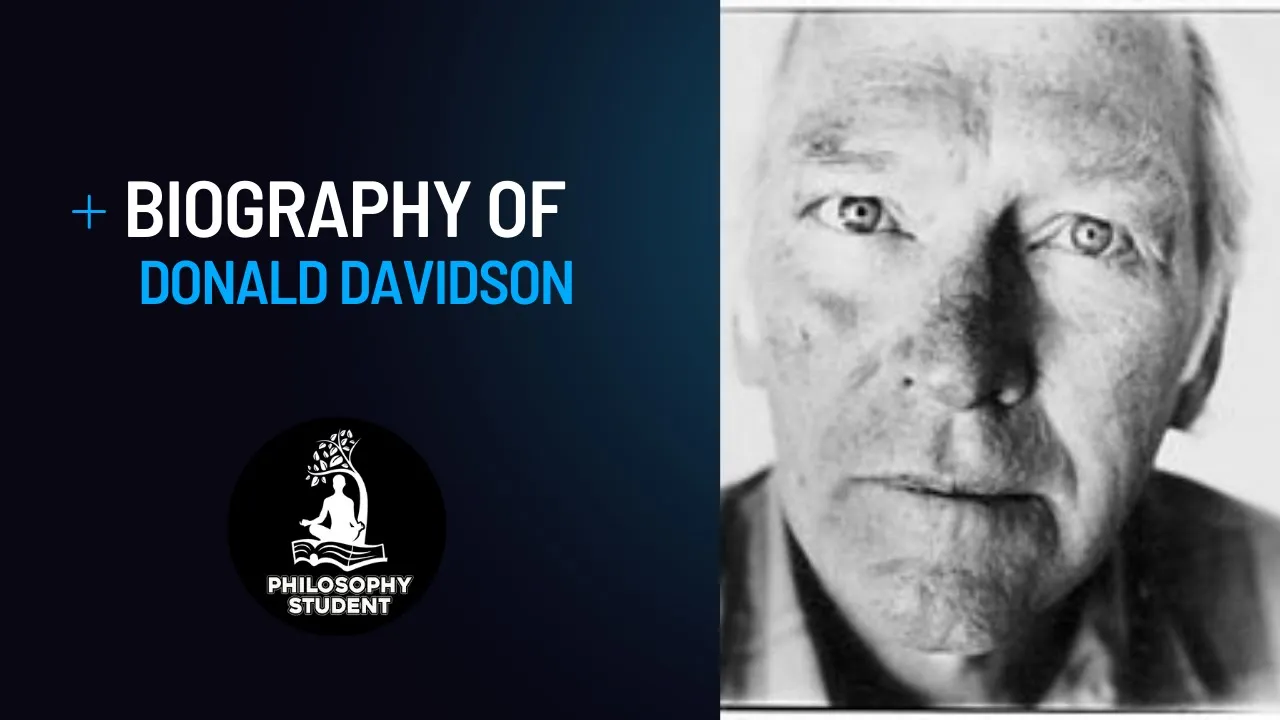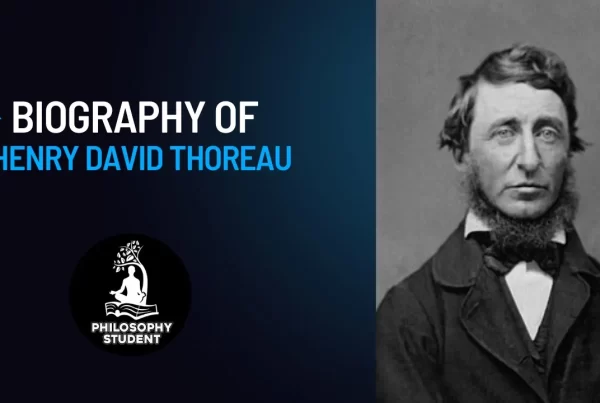Born on March 6, 1917, in Springfield, Massachusetts, Donald Davidson was educated at Harvard University, primarily in literature and classics, graduating in 1939. He went on to earn a master’s degree in classical philosophy in 1941 but interrupted his studies when he enlisted in the US Navy during World War II, serving from 1942 to 1945. He returned to Harvard after the war, resuming his study of classical philosophy and earning a Ph.D. in 1949 with a dissertation on Plato’s “Philebus.”
Even as he completed his dissertation, Davidson, inspired by the Harvard logician and philosopher Willard Van Orman Quine, whom he had met in 1939, departed from the historical study of philosophy to engage in original analytical philosophy. He taught at Queen’s College in New York before moving on to Stanford University (1961–1967), Princeton University (1967–1970), Rockefeller University (1970–1976), and University of Chicago (1976–1981). From 1981 until his death, from cardiac arrest following knee surgery on August 30, 2003, he was a professor at University of California, Berkeley.
From the early 1960s until the end of his life, Davidson wrote papers—and one posthumously published book—that have been influential in epistemology, semantic theory, and ethics. His subject was always the relationships between mind and action, ontology and logical form, meaning and truth, and knowledge and belief. Yet he was a singularly difficult philosopher, in part due to the terse manner of his writing but also because he rarely settled on a “final” answer. He refused to accept the rejection of objective truth as a requirement for philosophy and, along with this, he rejected the views of both skeptics and relativists. At the same time, he could embrace neither realism nor anti-realism, rejecting both as incompatible with his conception of the holistic character of knowledge and belief. In the end, Davidson was unwilling to settle into any fixed classification imposed by the available standard philosophical categories.




































